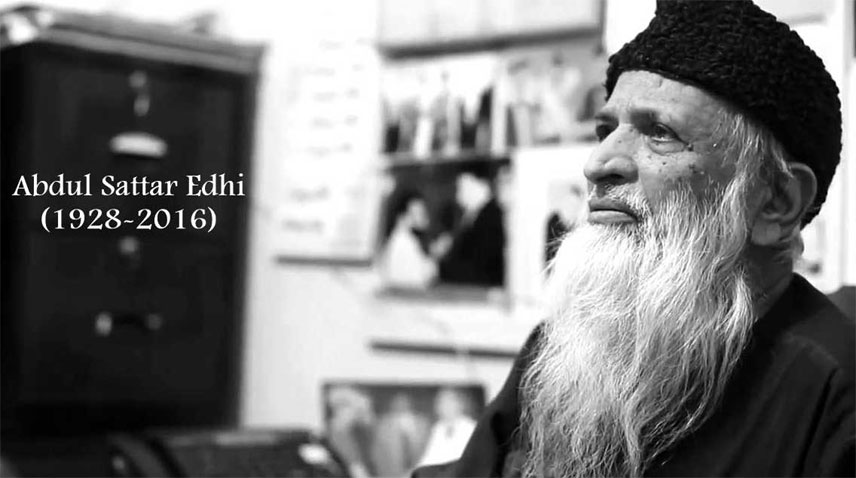Abdul Sattar Edhi was a true humanitarian, philanthropist, and the founder of the renowned Edhi Foundation. His life was dedicated to serving those in need, and his work continues to inspire people worldwide. Edhi’s unwavering commitment to helping others, regardless of their background, earned him global recognition as one of the most selfless figures of our time.
Early Life of Abdul Sattar Edhi and Humble Beginnings
Abdul Sattar Edhi was born on February 28, 1928, in Bantva, India. From an early age, he witnessed the suffering around him and was deeply affected by it. After his mother passed away when he was only 11 years old, Edhi felt a strong calling to help those who were struggling. He moved to Karachi, Pakistan, in 1947, where he founded the Edhi Foundation in 1951. The foundation’s mission was clear: to provide free healthcare, shelter, and support to people in need, regardless of their socio-economic background or religion.
The Edhi Foundation: Abdul Sattar Edhi’s Lifelong Mission
The Edhi Foundation became one of the largest humanitarian organizations in the world under Abdul Sattar Edhi’s leadership. The foundation operates over 1,800 centers globally, offering vital services such as hospitals, orphanages, homes for older people, and emergency services. One of the foundation’s most notable achievements is its fleet of ambulances, which began with a single van and grew to become one of the largest emergency fleets in the world.
Abdul Sattar Edhi‚Äôs approach was always simple: rely on public donations and trust in the goodness of humanity. His foundation continues to help millions of people worldwide, and its work is a testament to Edhi’s lifelong dedication to humanity.
For more about the ongoing work of the Edhi Foundation, visit their official website.
A Life of Humility and Service to Humanity
Throughout his life, Abdul Sattar Edhi remained remarkably humble despite the immense success of his foundation. He lived in modest conditions, wore simple clothing, and never sought personal wealth or recognition. His focus was always on serving humanity rather than accumulating material possessions.
Edhi‚Äôs humility earned him respect not just in Pakistan, but around the world. He received numerous awards and even nominations for the Nobel Peace Prize, but he never sought fame or attention. His guiding principle was clear: ‚ÄúNo religion is higher than humanity.‚ÄĚ
Abdul Sattar Edhi’s Global Impact and Legacy
Abdul Sattar Edhi’s humanitarian efforts were not confined to Pakistan. He extended his help to those suffering in Afghanistan, Iran, and many other countries affected by conflict and natural disasters. His foundation provided crucial aid to people in need, whether it was in the aftermath of earthquakes, floods, or war. Edhi’s commitment to humanitarian relief was unwavering, proving that compassion knows no boundaries.
The Edhi Foundation’s work continues to support vulnerable populations, from those with low income to people who are displaced by conflict. Through its global reach, the foundation has provided life-saving services to millions.
Abdul Sattar Edhi: A Lasting Influence
Abdul Sattar Edhi passed away on July 8, 2016, at the age of 88. His death was met with deep mourning, but his legacy endures. The Edhi Foundation continues to serve millions of people worldwide, honoring Edhi’s commitment to humanity. His life’s work has left an indelible mark on the world, demonstrating the power of kindness and service to others.
Conclusion: The True Meaning of Humanity
Abdul Sattar Edhi‚Äôs life is a powerful example of selflessness, humility, and compassion. His unwavering commitment to helping people with low incomes, older individuals, and those facing hardships has made him a global humanitarian icon. Edhi‚Äôs belief that ‚ÄúNo religion is higher than humanity‚ÄĚ remains at the heart of his legacy.
At LagendProfile.com, we honor the memory of Abdul Sattar Edhi and encourage everyone to follow his example of kindness, empathy, and dedication to making the world a better place. His life reminds us that the true measure of success is not in wealth, but in the positive impact we have on the lives of others.
